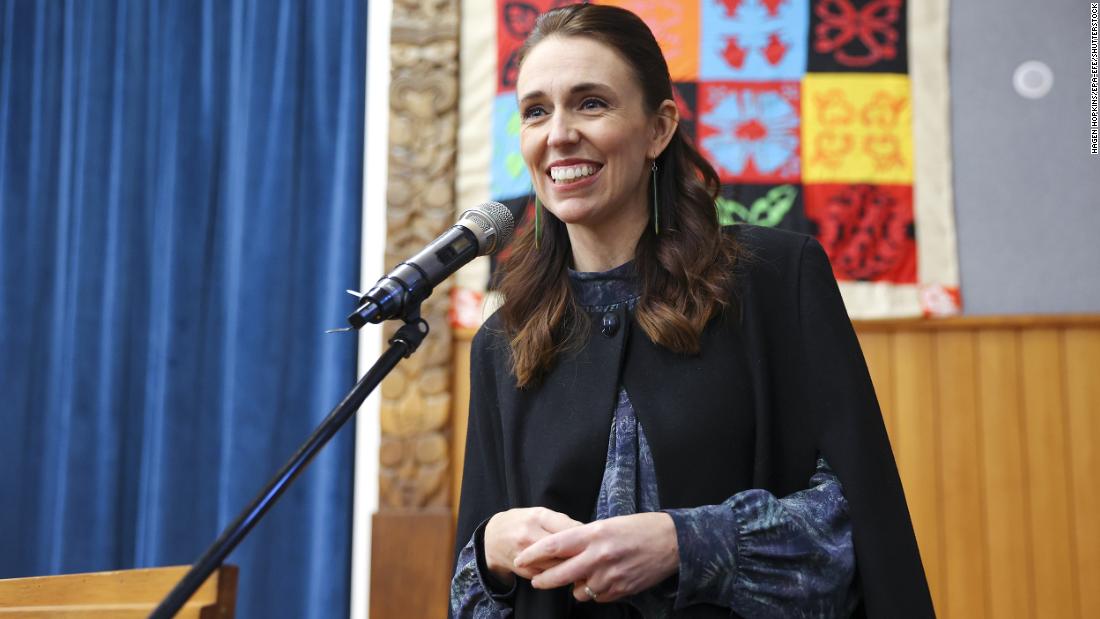
Matariki is the Māori name for a cluster of stars, also known as the Pleiades, the rising of which is recognized by many of the country’s Indigenous people as the start of the new year.
In a statement, the New Zealand government noted that this is “the first public holiday to recognize Te Ao Māori” or the Māori worldview. The official holiday was established in April, with the passing of the Te Kāhui o Matariki Public Holiday Act.
The holiday is a time for honoring ancestors, celebrating the present by gathering together to give thanks, and looking forward to the new year.
New Zealand’s Ministry of Business, Innovation and Employment released several videos explaining Matariki and the timing of the national celebration.
“Matariki helps to reaffirm identity and bonds that we have with each other. Those that have passed, those that are still with us and those that are still to come,” said Rangiānehu ‘Mātāmua, chair of the Matariki Advisory Group.
“It’s a very important celebration and period of time that really helps to embed those central values within us.”
Māori, who make up about 15% of New Zealand’s population, were dispossessed of much of their land during Britain’s colonization of the country. Thousands of Māori have protested for civil and social rights in recent years, and have criticized governments for failing to address social and economic inequalities.
Earlier this year, Prime Minister Jacinda Ardern introduced a new curriculum with mandatory teaching of Māori history and British colonialism.
Ardern also appointed the country’s first indigenous female foreign minister, Nanaia Mahuta, in November 2020.
